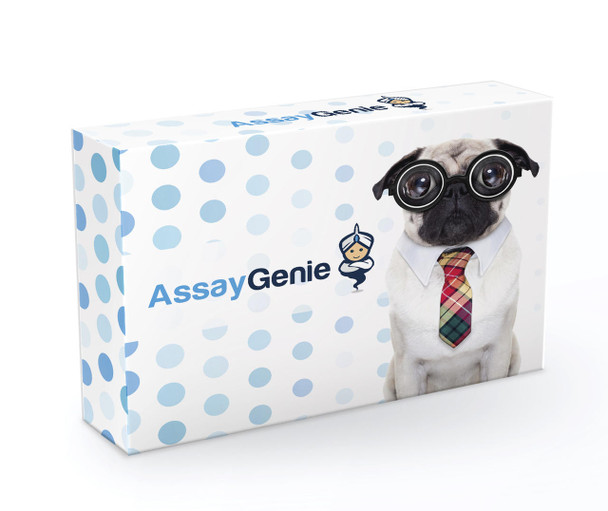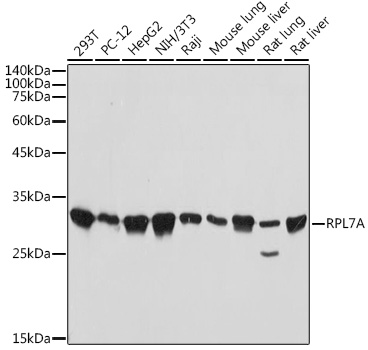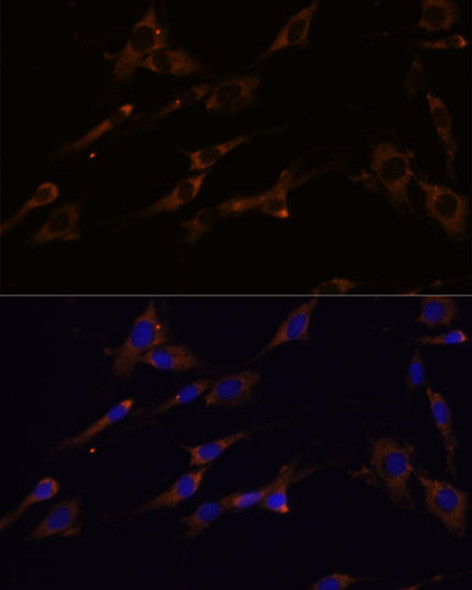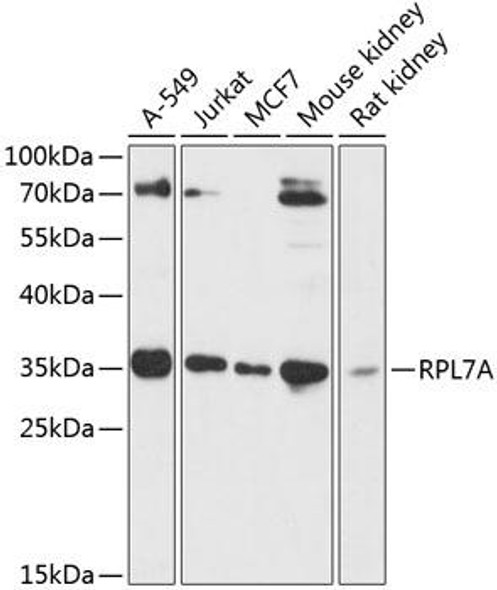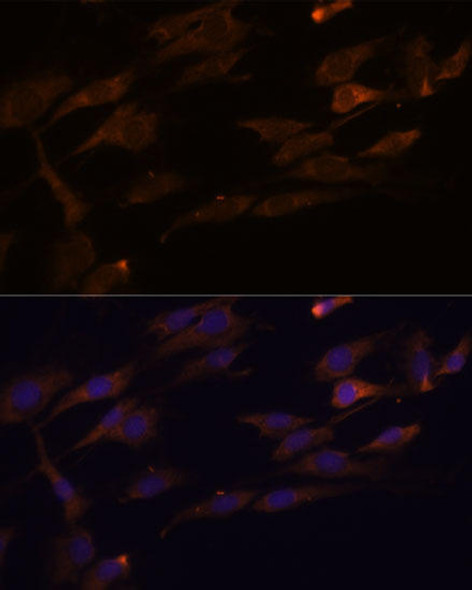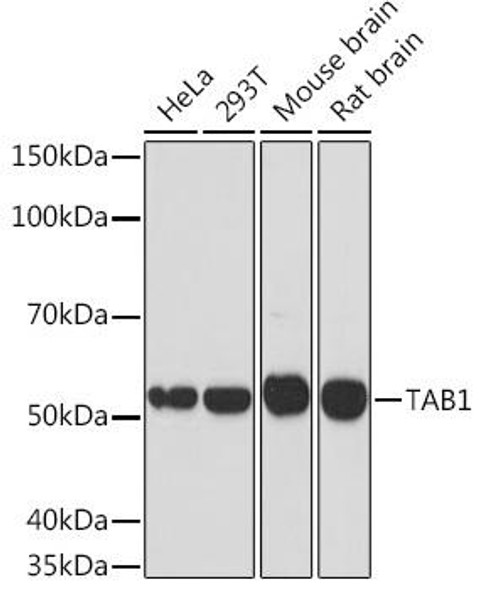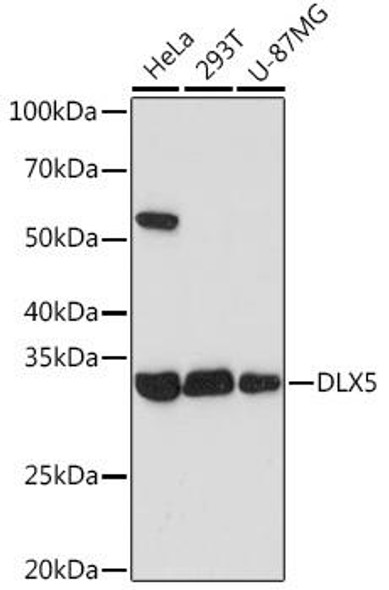Description
RPL7A Rabbit Monoclonal Antibody (CAB19247)
The RPL7A Polyclonal Antibody (CAB19247) is a valuable tool for researchers studying RPL7A, a ribosomal protein involved in protein synthesis. This antibody, generated in rabbits, exhibits high reactivity with human samples and is validated for use in Western blot applications. By binding specifically to the RPL7A protein, this antibody enables accurate detection and analysis in various cell types, making it a versatile option for studies in molecular biology and cancer research.RPL7A plays a crucial role in the formation of the ribosome, the cellular machinery responsible for protein synthesis.
Dysregulation of RPL7A expression has been implicated in various diseases, including cancer and neurodegenerative disorders. By studying the function of RPL7A, researchers can gain insights into the molecular mechanisms underlying these conditions and potentially identify novel therapeutic targets.Overall, the RPL7A Polyclonal Antibody is a valuable tool for investigating the function and regulation of RPL7A in health and disease. Its high specificity and sensitivity make it an ideal choice for researchers looking to advance our understanding of protein synthesis and its role in human biology.
| Product Name: | RPL7A Rabbit Monoclonal Antibody |
| SKU: | CAB19247 |
| Size: | 20uL, 100uL |
| Isotype: | IgG |
| Host Species: | Rabbit |
| Reactivity: | Human,Mouse,Rat |
| Immunogen: | Recombinant fusion protein containing a sequence corresponding to amino acids 1-165 of human RPL7A (P62424). |
| Sequence: | MPKG KKAK GKKV APAP AVVK KQEA KKVV NPLF EKRP KNFG IGQD IQPK RDLT RFVK WPRY IRLQ RQRA ILYK RLKV PPAI NQFT QALD RQTA TQLL KLAH KYRP ETKQ EKKQ RLLA RAEK KAAG KGDV PTKR PPVL RAGV NTVT TLVE NKKA QLVV IAHD VDPI E |
| Tested Applications: | WB ELISA |
| Recommended Dilution: | WB,1:500 - 1:1000 |
| Synonyms: | L7A; eL8; TRUP; SURF3; PLA-X polypeptide; RPL7A |
| Positive Sample: | 293T,PC-12,Hep G2,NIH/3T3,Raji,Mouse lung,Mouse liver,Rat lung,Rat liver |
| Conjugate: | Unmodified |
| Cellular Localization: | Cytoplasm, Cytosol, Cytosolic ribosome, Focal adhesion, Nucleolus, Nucleus |
| Calculated MW: | 30kDa |
| Observed MW: | 32kDa |
Cytoplasmic ribosomes, organelles that catalyze protein synthesis, consist of a small 40S subunit and a large 60S subunit. Together these subunits are composed of 4 RNA species and approximately 80 structurally distinct proteins. This gene encodes a ribosomal protein that is a component of the 60S subunit. The protein belongs to the L7AE family of ribosomal proteins. It can interact with a subclass of nuclear hormone receptors, including thyroid hormone receptor, and inhibit their ability to transactivate by preventing their binding to their DNA response elements. This gene is included in the surfeit gene cluster, a group of very tightly linked genes that do not share sequence similarity. It is co-transcribed with the U24, U36a, U36b, and U36c small nucleolar RNA genes, which are located in its second, fifth, fourth, and sixth introns, respectively. This gene rearranges with the trk proto-oncogene to form the chimeric oncogene trk-2h, which encodes an oncoprotein consisting of the N terminus of ribosomal protein L7a fused to the receptor tyrosine kinase domain of trk. As is typical for genes encoding ribosomal proteins, there are multiple processed pseudogenes of this gene dispersed through the genome.
| Purification Method: | Affinity purification |
| Gene ID: | 6130 |
| Clone Number: | ARC2407 |
| Storage Buffer: | Store at -20℃. Avoid freeze / thaw cycles.Buffer: PBS with 0.02% sodium azide,0.05% BSA,50% glycerol,pH7.3. |

